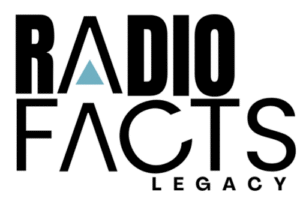A federal appeals court recently rejected a plea from webcasters to postpone the deadline for a new royalty scheme that sets the stage for SoundExchange to begin levying billions of dollars from internet radio stations in the coming decades. It already collects a tidy sum from satellite radio and now it has set its sights on U.S. terrestrial radio stations, which currently pay no broadcast performance royalties. If it wins there, its power could grow exponentially.
This reflects a well-known law of any bureaucracy: Once authority is created, it works inevitably to expand its sphere of influence, grabbing for more power and bigger budgets. With each success, its appetite only grows.
Knowing well the dangers, legislators sought to restrict SoundExchange’s ability to spend the money it collects on behalf of artists and labels. Section 114(g)(3) of the Copyright Act explicitly limits how the nonprofit can spend the money it collects, approving just three carefully circumscribed activities:
“(A) the administration of the collection, distribution, and calculation of the royalties;
“(B) the settlement of disputes relating to the collection and calculation of the royalties; and
“(C) the licensing and enforcement of rights with respect to the making of ephemeral recordings and performances subject to licensing under section 112 and this section, including those incurred in participating in negotiations or arbitration proceedings under section 112 and this section, except that all costs incurred relating to the section 112 ephemeral recordings right may only be deducted from the royalties received pursuant to section 112.”
So it came as quite a surprise when a source familiar with SoundExchange told me on condition of anonymity that the group is engaged in lobbying and public relations activities, in apparent violation of the law cited above.





